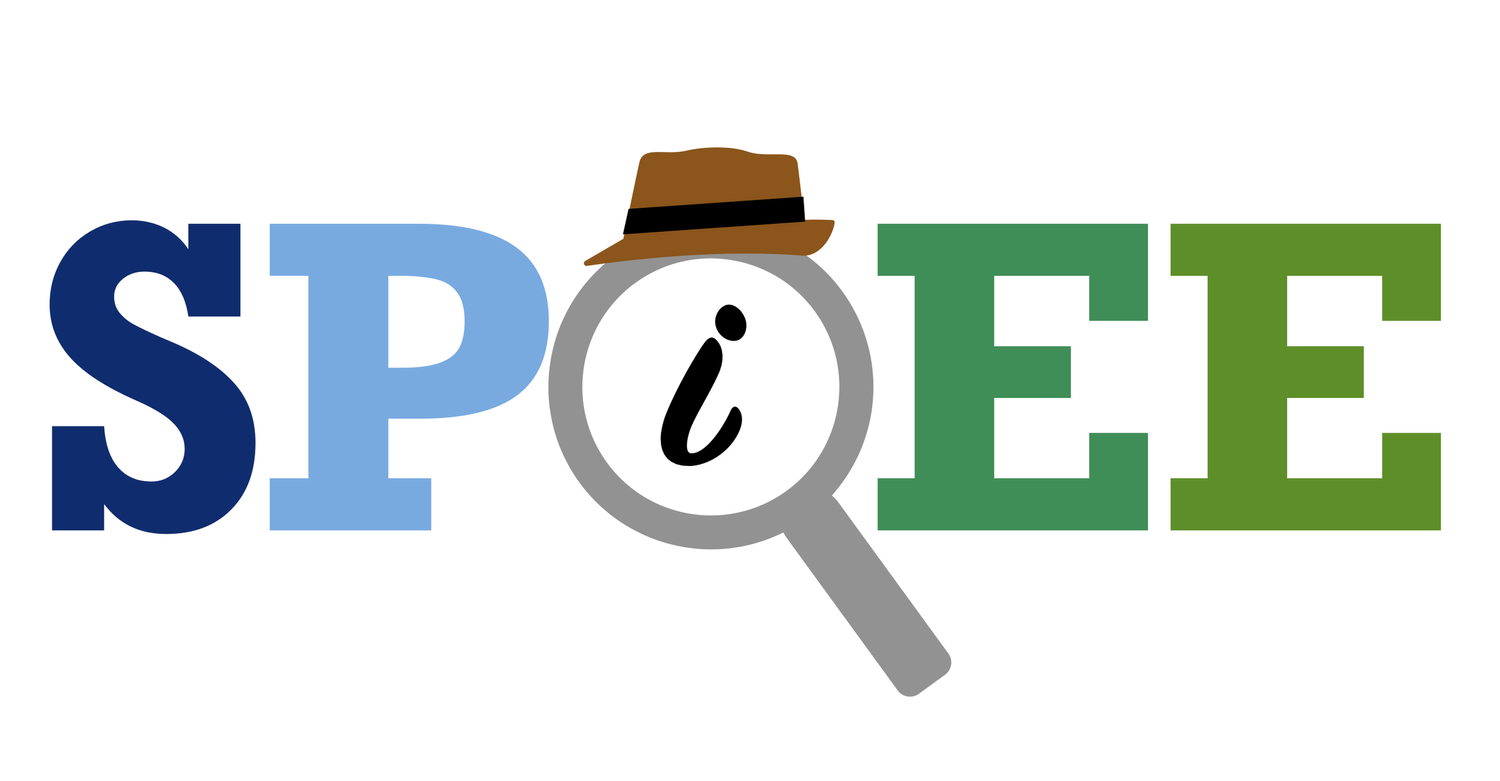The Key to Reading People
Channel Your Inner Detective
By Hunter Gehlbach
After weeks of strange and elaborate explanations, our kindergartner’s long con finally crumbled. Her school politely called to say that the lunch money they had been fronting our little one would not continue. They hoped we would reconcile the debt to avoid the awkwardness of refusing to feed a 5-year-old.
This unexpected news explained why our budding con artist had been returning home with a nearly full lunch box for weeks. Her discovery that announcing her name to the cafeteria ladies could procure chocolate milk soon evolved into her obtaining complete (and tasty) school lunches. Yet, this information failed to explain how two well-educated parents—one of whom specifically studies how people perceive each other—misread their daughter so badly. We never doubted her increasingly fantastic explanations for the re-emergent (and healthy) homemade lunch.
Reading others is as challenging as it is crucial. Our daily acts of social perspective taking—figuring out others’ thoughts and feelings, perceptions and motivations—guide our behaviors toward others. They form the building blocks for all our social relationships. For the most part, we strive to read others accurately, but research indicates that two motives frequently derail us.
